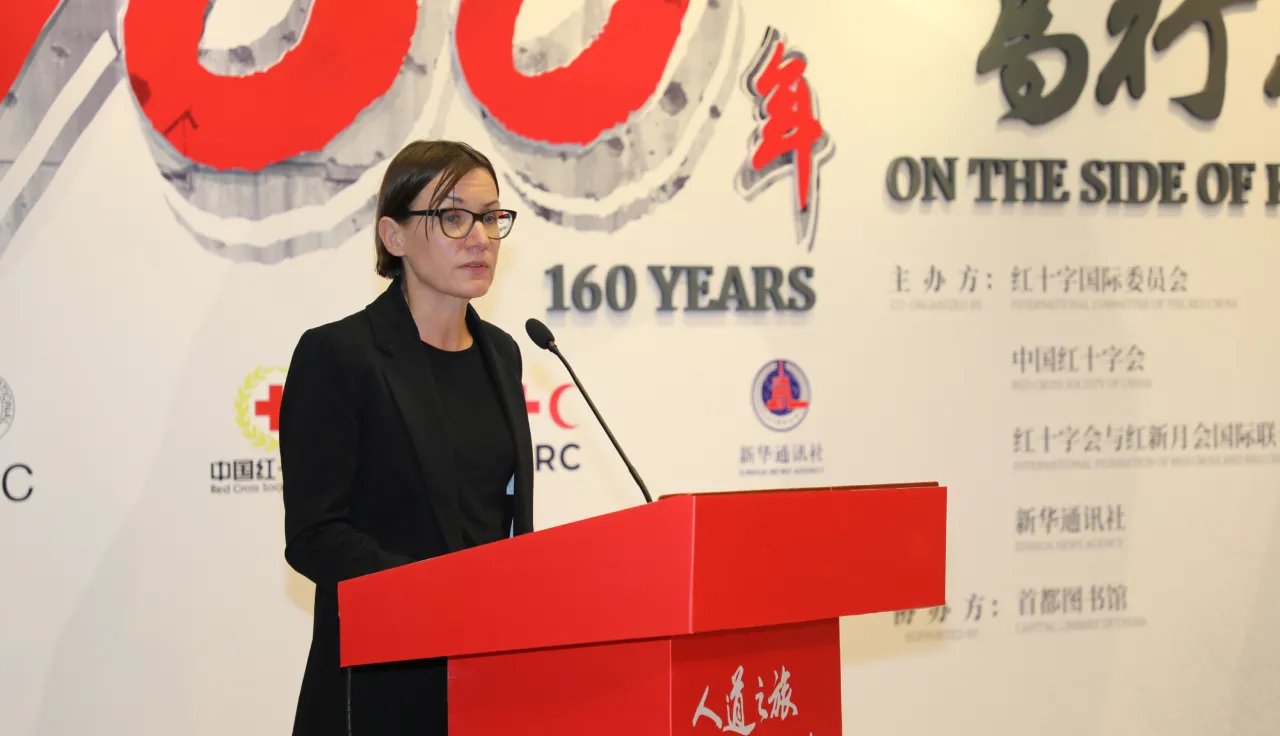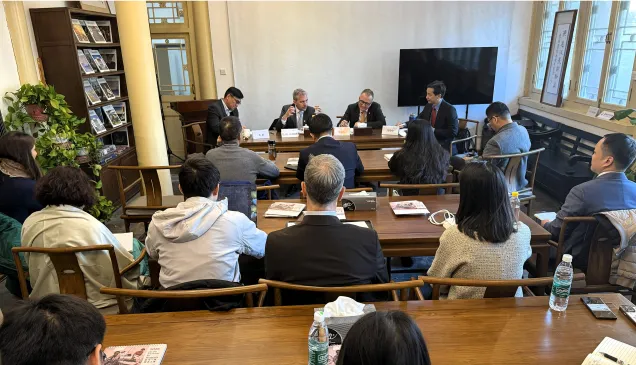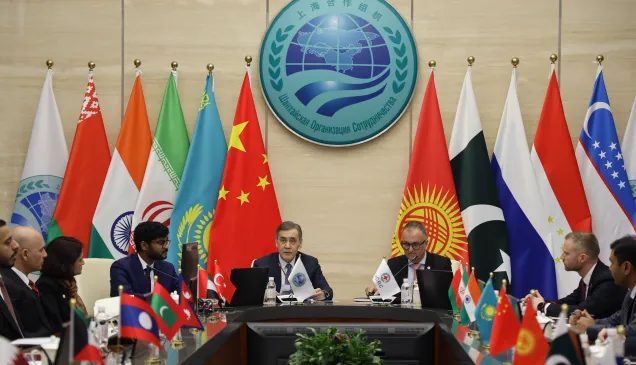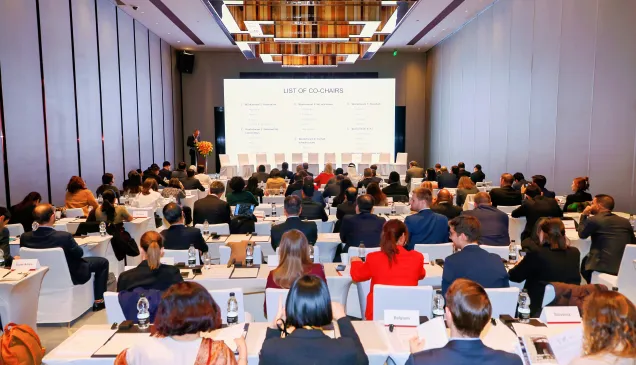Excellencies, Ladies and Gentlemen, it is a great pleasure to mark the 160th founding anniversary of the International Committee of the Red Cross and the International Red Cross and Red Crescent Movement.
We celebrate this occasion together with the Red Cross Society of China and International Federation of Red Cross and Red Crescent Societies.
As a witness to 160 years of conflicts, the ICRC knows too well the suffering that results and how humanitarian action can be a vital lifeline.
Having recently visited conflict-affected regions across Africa, Europe, and the Middle East, I have seen rapidly deteriorating humanitarian situations. With more than 100 conflicts around the world, entire regions are trapped in cycles of conflict without an end in sight.
The nature of the confrontations may evolve over time, but suffering is a constant: Conflicts tear apart the very fabric of societies and lead to death, injury, disappearance and displacement of millions of men, women, and children.
Humanity needs peace, and maintaining peace remains the important responsibility of states.
But... when conflicts are characterized by widespread destruction and violation of international humanitarian law, the pursuit of development and peace becomes an unattainable ambition.
Today from Beijing, I echo the same message I have conveyed from numerous world capitals; compliance with international humanitarian law protects civilians.
It prevents violations and abuses. It reduces the cost of war while maintaining a pathway to ceasefire agreements and eventually to lasting peace, functioning economies, and a healthy natural environment.
It has been said that there are 100 steps to peace; and the first are humanitarian.
Frontline humanitarian action can stabilise tensions in communities.
When IHL is respected, lives are saved, hospitals and schools remain open, markets can function and reconciliation after the conflict becomes easier.
As a neutral humanitarian intermediary, the ICRC creates and maintains channels of communication between warring parties.
Around the world, many of my colleagues in dangerous situations are speaking to belligerents... to negotiate for access to deliver life-saving relief... to evacuate the injured... to facilitate the prisoner exchanges or to bring family news to those separated from their loved ones.
The importance and compliance with international humanitarian law must not only be thought about through the prism of war. It is also what is done during peacetime that matters – including to elevate the laws of war to a political priority.
I look forward to presenting more on these issues during my talk in Suzhou University tomorrow.
Ladies and Gentlemen, the People's Republic of China's recognition of the Geneva Conventions was rooted in the pursuit of peace. On 13 July 1952, the then Premier Zhou Enlai highlighted that the PRC recognized these conventions because it was determined that they are 'generally conducive to peace among all nations.'
China's consistent call for the respect of international humanitarian law and support for neutral and independent humanitarian action is a valuable and much-needed voice in international forums. Next year's 75th anniversary will provide another important moment to champion IHL.
My colleagues at the ICRC have a wealth of experience working in armed conflict and fostering constructive dialogues with all involved parties. We seek to share this experience and insight with the Government of China, the Red Cross Society of China, think tanks and academic institutes, and to work with China to enhance the humanitarian assistance and protection of people affected by armed conflicts. Together, we endeavour to create the optimal conditions conducive to restoring peace and stability.
Thank you once again for joining us today.




